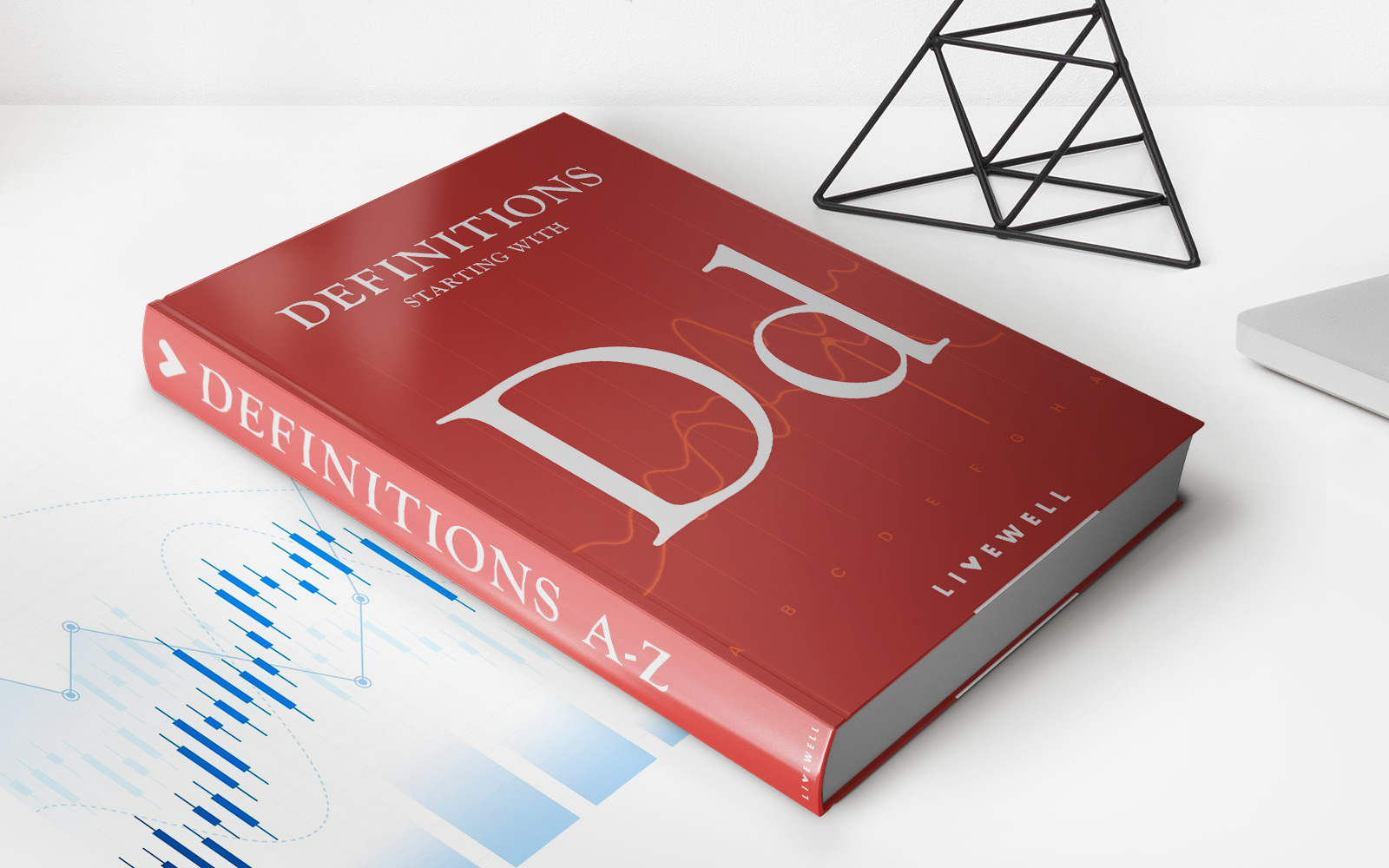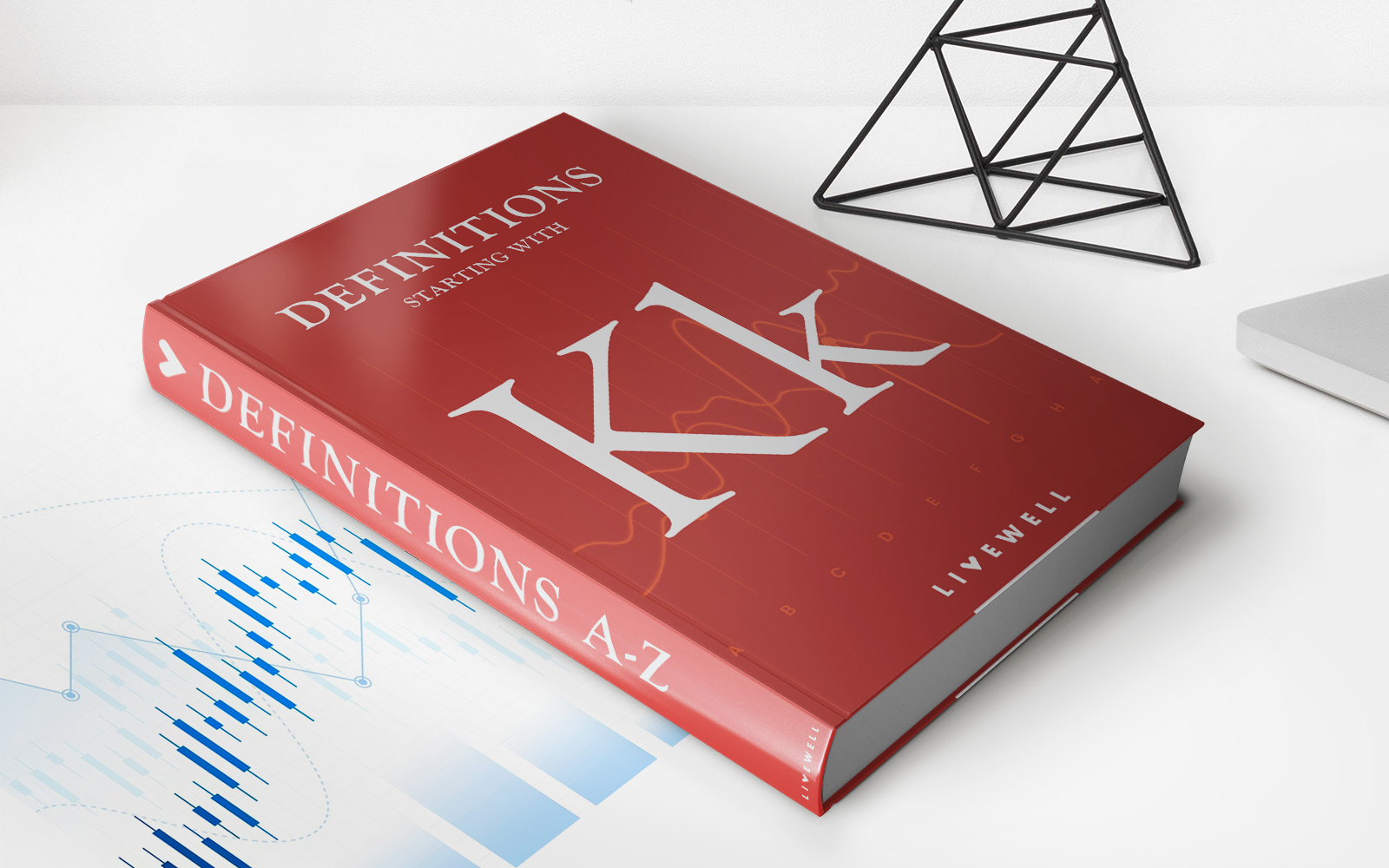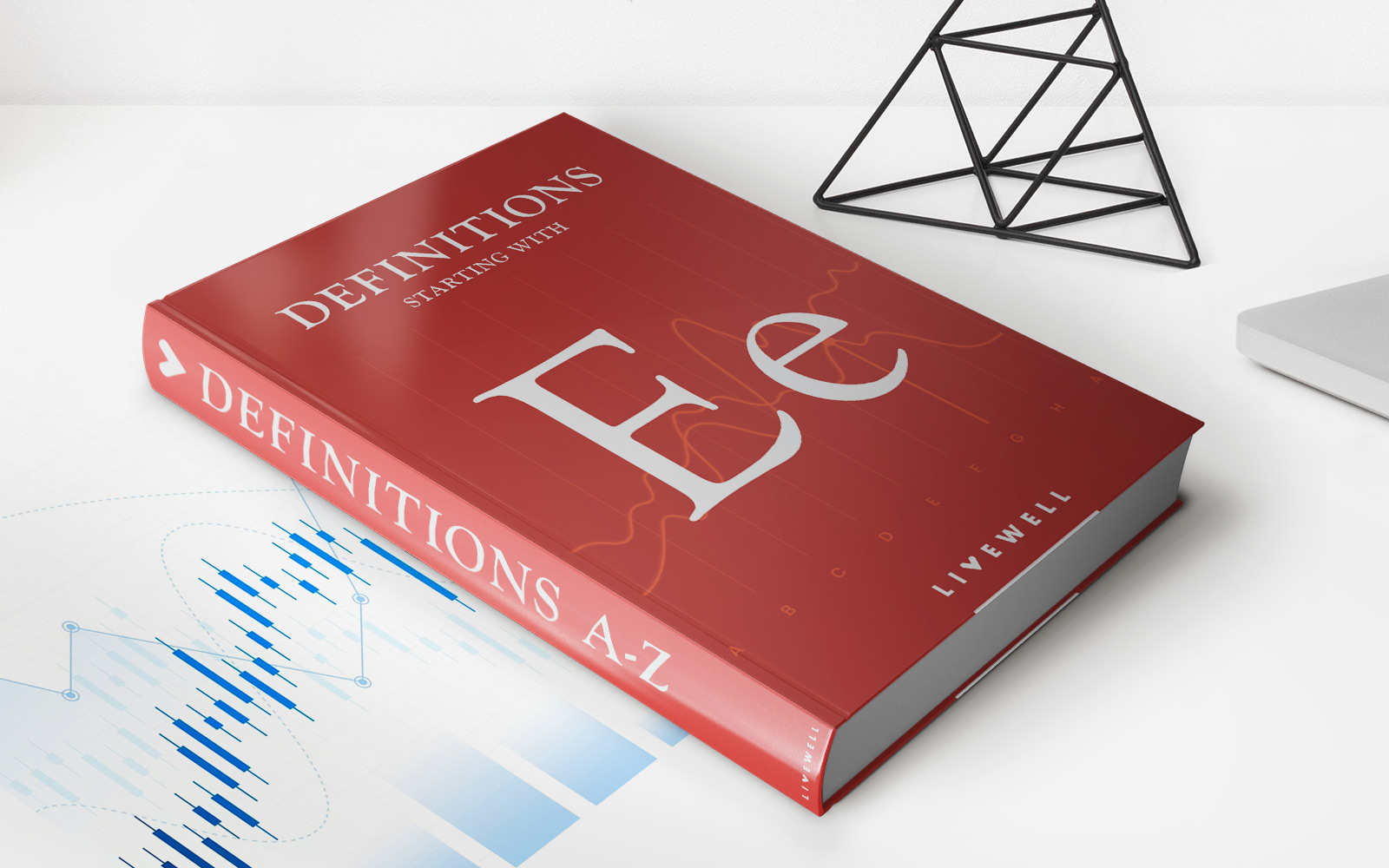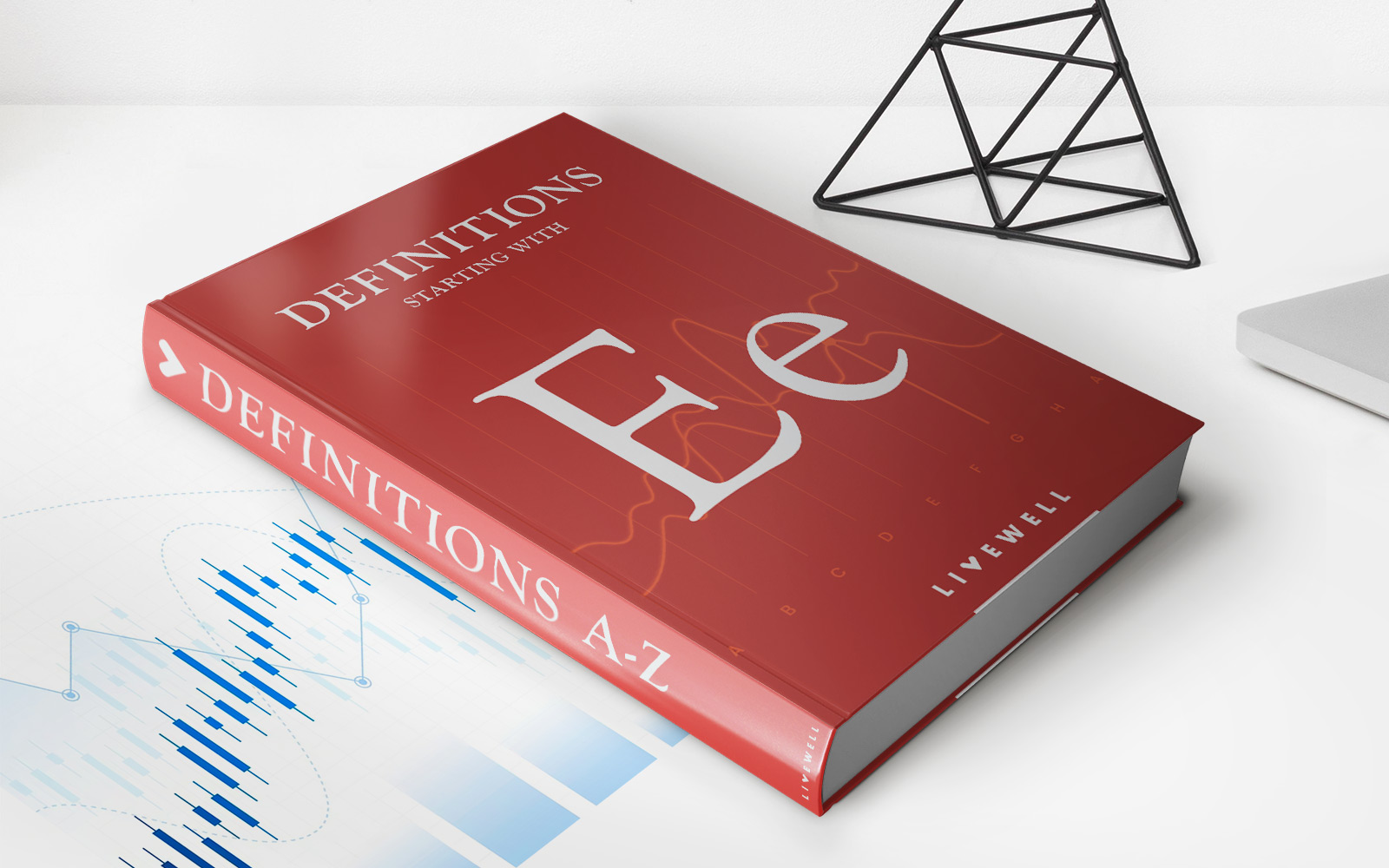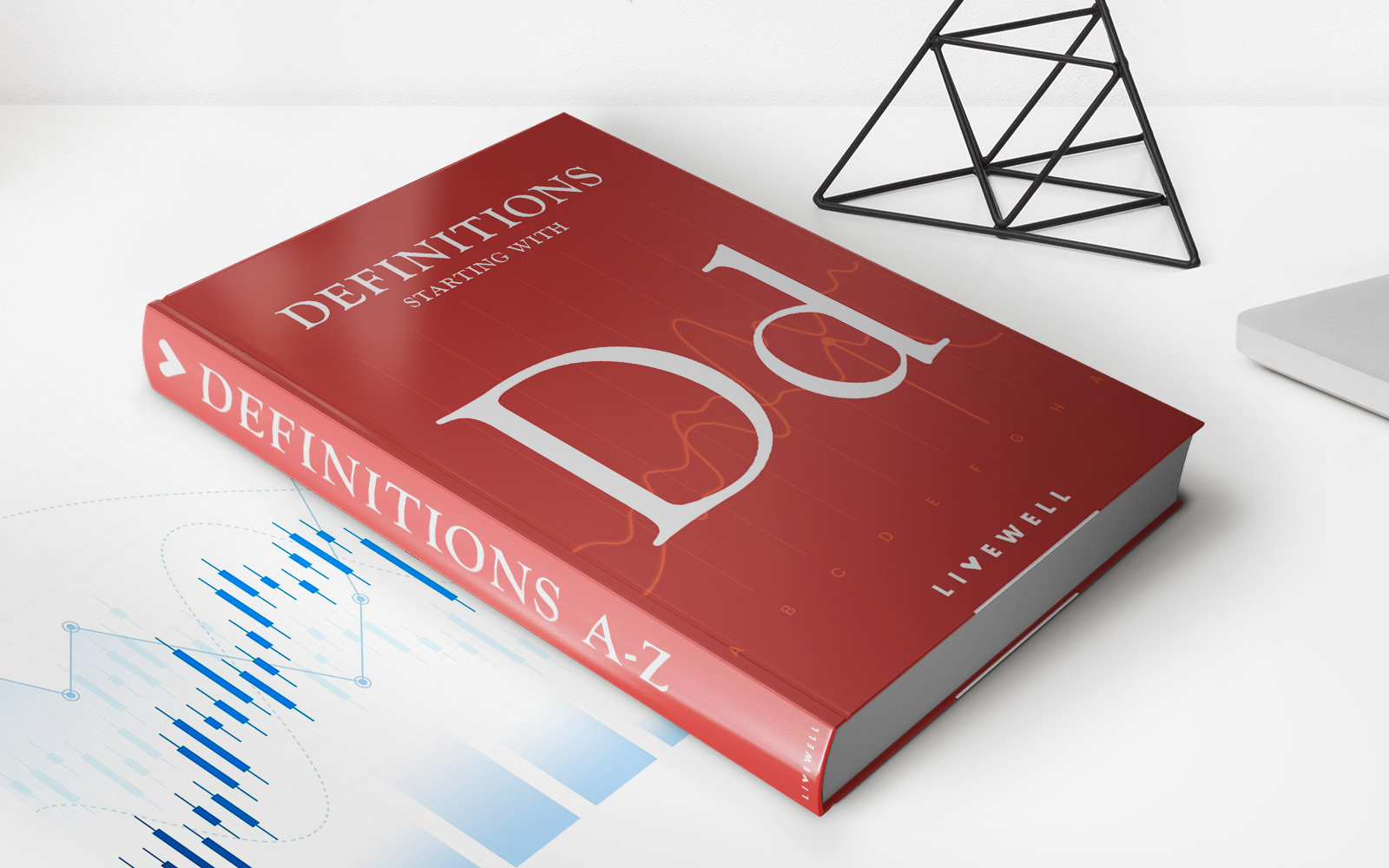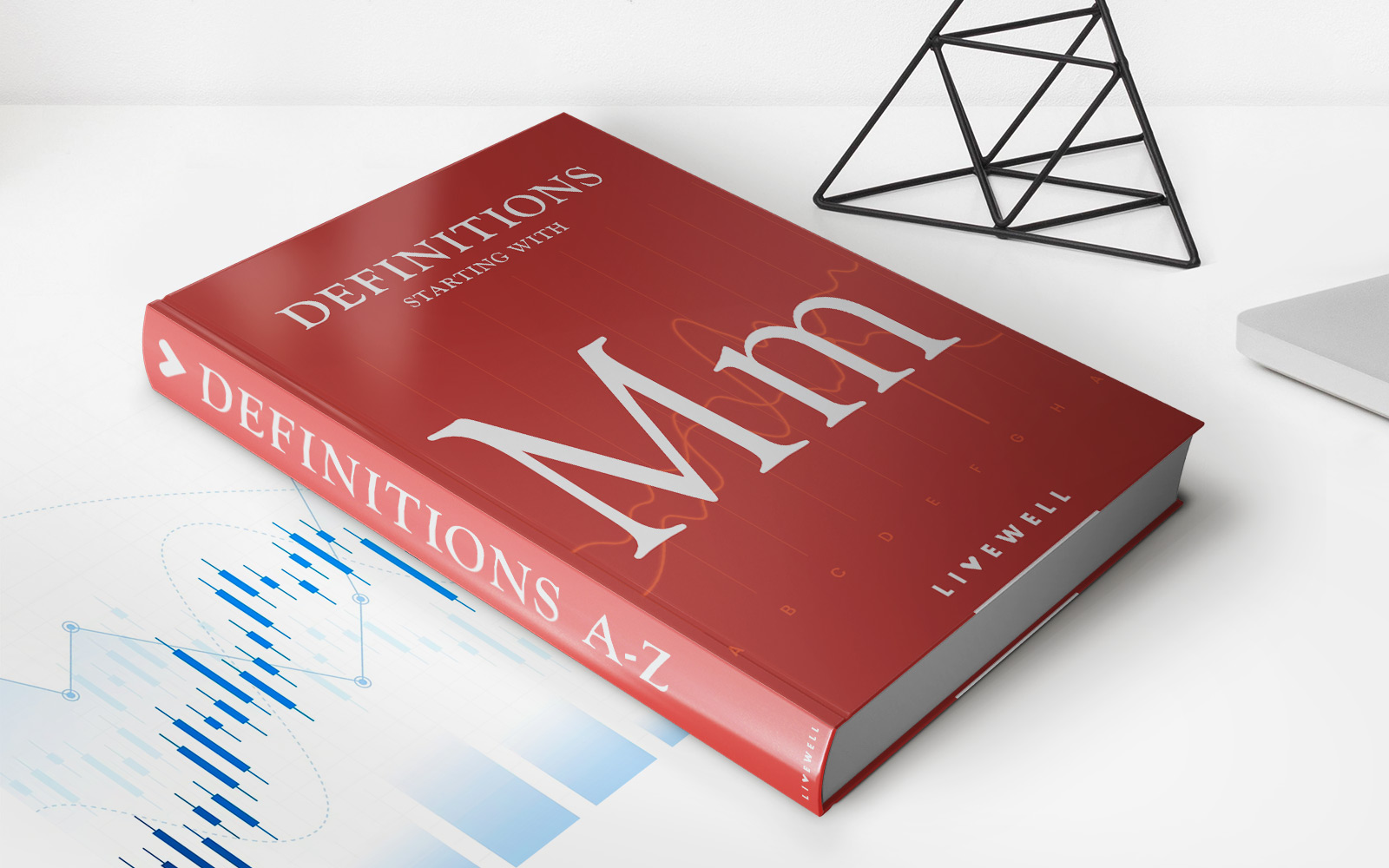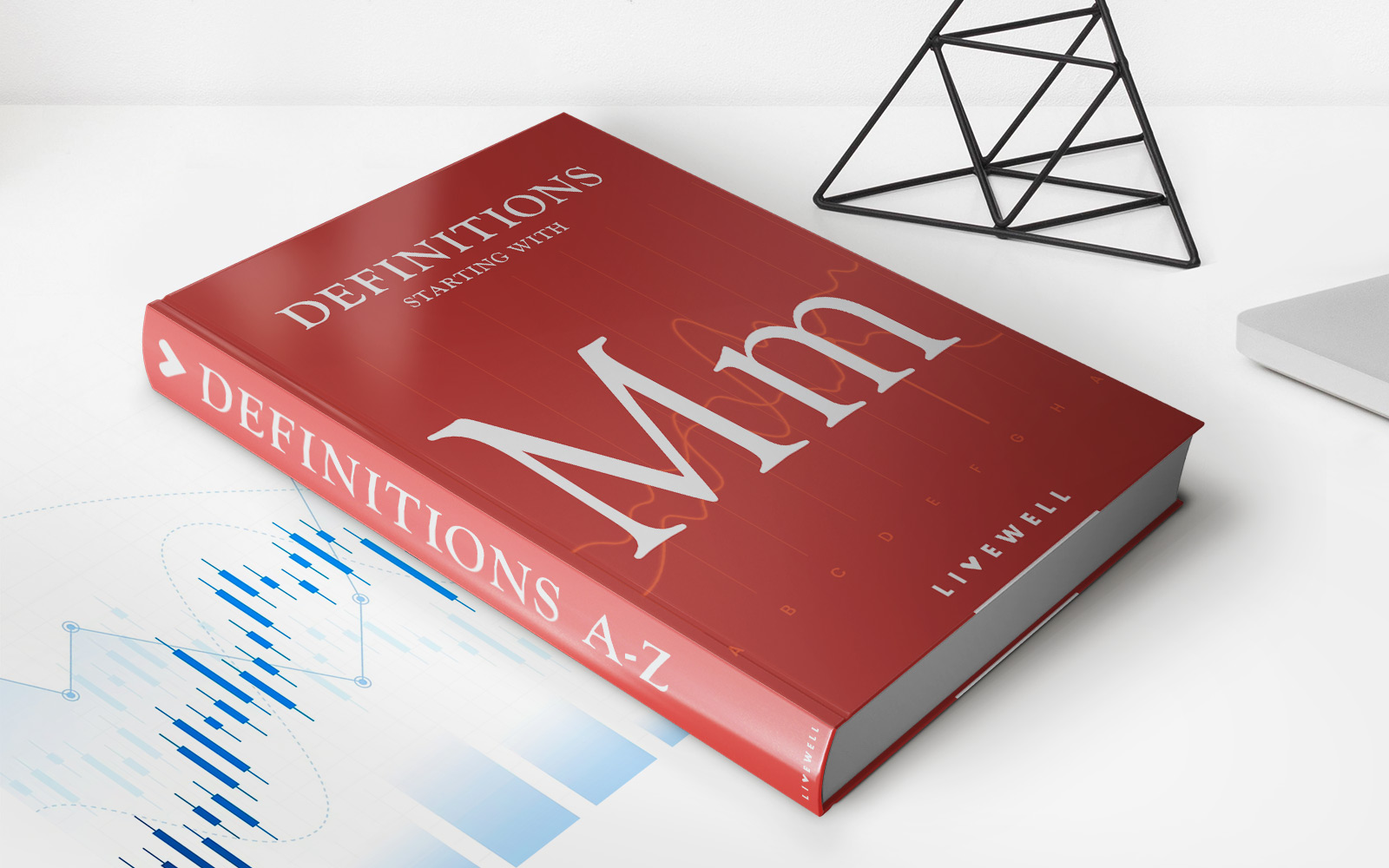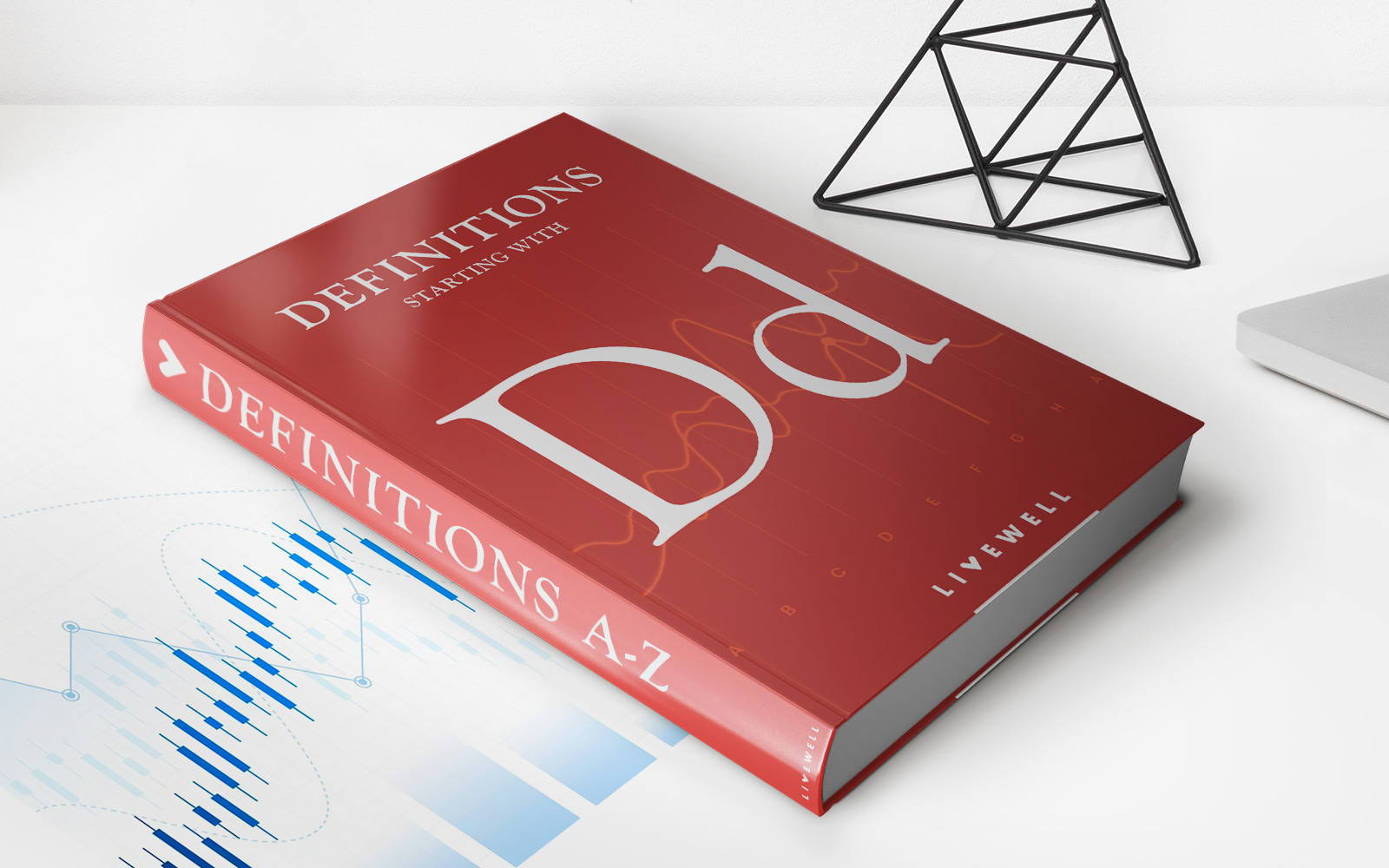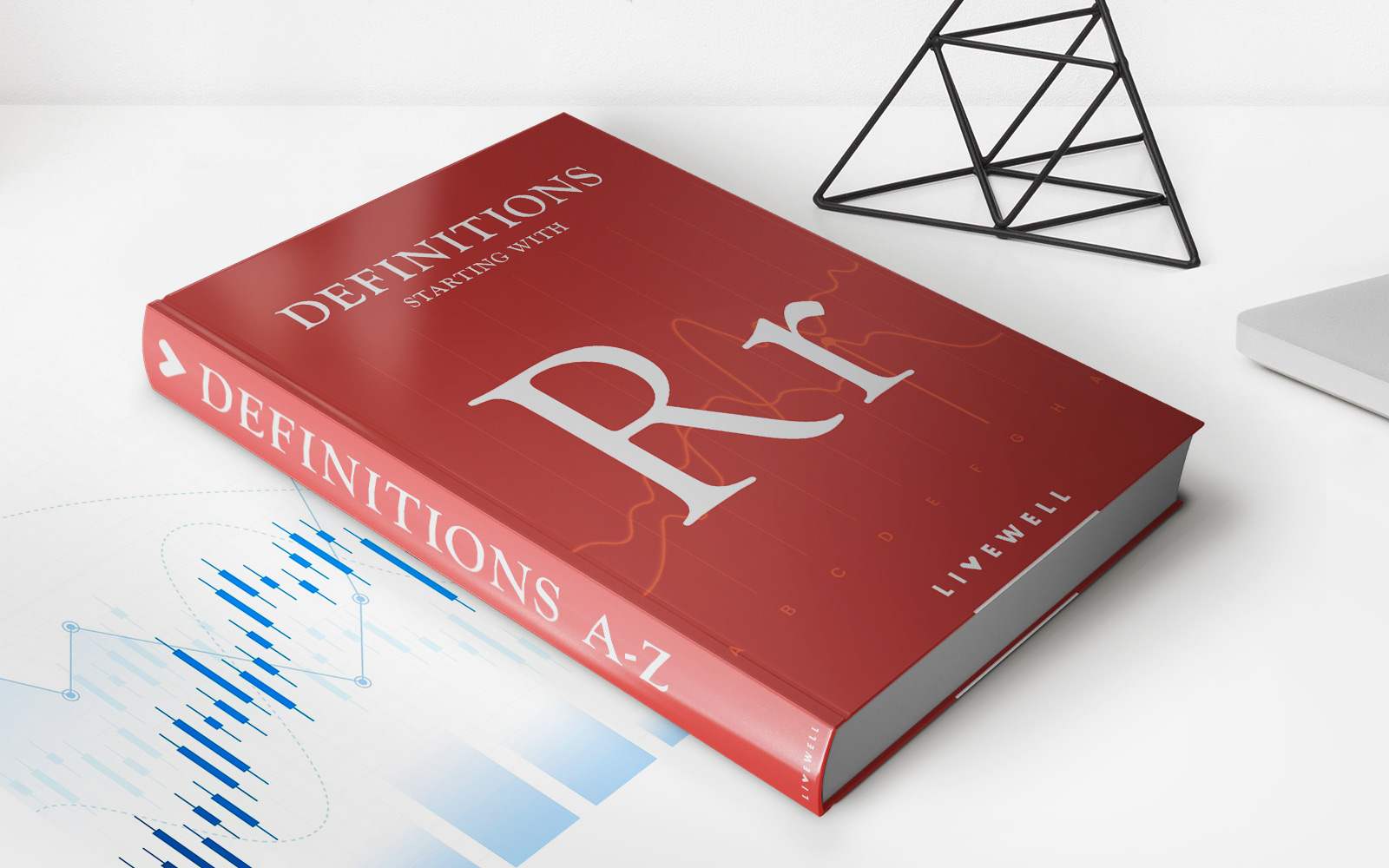
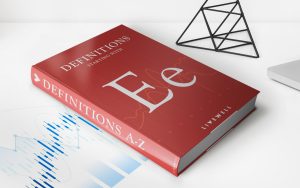
Finance
Empirical Duration Definition
Published: November 17, 2023
Discover the meaning of empirical duration in finance and how it can help assess the sensitivity of bond prices to interest rate changes.
(Many of the links in this article redirect to a specific reviewed product. Your purchase of these products through affiliate links helps to generate commission for LiveWell, at no extra cost. Learn more)
Understanding Empirical Duration in Finance
Finance is a vast and complex field, and understanding its various concepts can sometimes feel overwhelming. One such concept that plays a crucial role in financial markets is empirical duration. In this blog post, we will dive deep into the definition and significance of empirical duration, helping you gain a better understanding of its importance in the world of finance.
Key Takeaways:
- Empirical duration measures the sensitivity of a financial security’s price to changes in interest rates
- It is a widely used tool for risk management and portfolio construction in the financial industry
What is Empirical Duration?
Empirical duration, also known as bond duration, is a measurement used in finance to gauge the sensitivity of a financial security’s price to changes in interest rates. It is a crucial metric that helps investors and analysts assess the potential impact of interest rate fluctuations on the value of investments.
To put it simply, empirical duration quantifies the estimated change in the price of a security for a given change in interest rates. It acts as a risk measure, indicating how much the price of a security is likely to fluctuate if interest rates change. This information is invaluable for investors who aim to make informed decisions in managing their portfolios. Empirical duration allows them to assess risks associated with their investments, optimize returns, and strike a balance between risk and reward.
In practical terms, empirical duration is measured in years, indicating the time it would typically take to recoup the security’s price through coupon payments and price changes when interest rates shift. It is commonly used in fixed-income securities, including bonds and bonds-based derivatives, to evaluate the potential volatility in their prices given changing interest rates.
The Significance of Empirical Duration
Empirical duration plays a crucial role in financial markets for several reasons:
- Risk Management: Empirical duration allows investors to assess and manage the risks associated with their fixed-income portfolios. It helps them understand the potential impact of anticipated interest rate movements, enabling them to make informed decisions about adjusting their positions to mitigate risk.
- Portfolio Construction: Empirical duration is a key factor in constructing balanced portfolios. By analyzing the duration of various securities, investors can create portfolios that are sensitive to interest rate changes to achieve their desired risk-return objectives.
- Pricing and Valuation: Empirical duration is an essential component in pricing fixed-income securities. It helps determine the fair value of bonds and other interest rate-sensitive instruments, enabling market participants to make informed decisions about buying, selling, or holding such securities.
By understanding and utilizing empirical duration, investors can gain valuable insights into the potential impact of interest rate changes on their investments. This knowledge allows them to make informed decisions, manage risks, and optimize returns in the dynamic world of finance.
Conclusion
Empirical duration is a vital concept in finance, particularly within the realm of fixed-income securities. It provides investors with a quantitative measure of the sensitivity of security prices to changes in interest rates. By analyzing empirical duration, investors can better assess risks, construct portfolios, and make informed decisions about pricing and valuation.
If you’re looking to understand and navigate the world of finance, having a solid grasp of empirical duration is a great place to start. It empowers you to make sound investment decisions, manage risks effectively, and optimize your financial returns.
